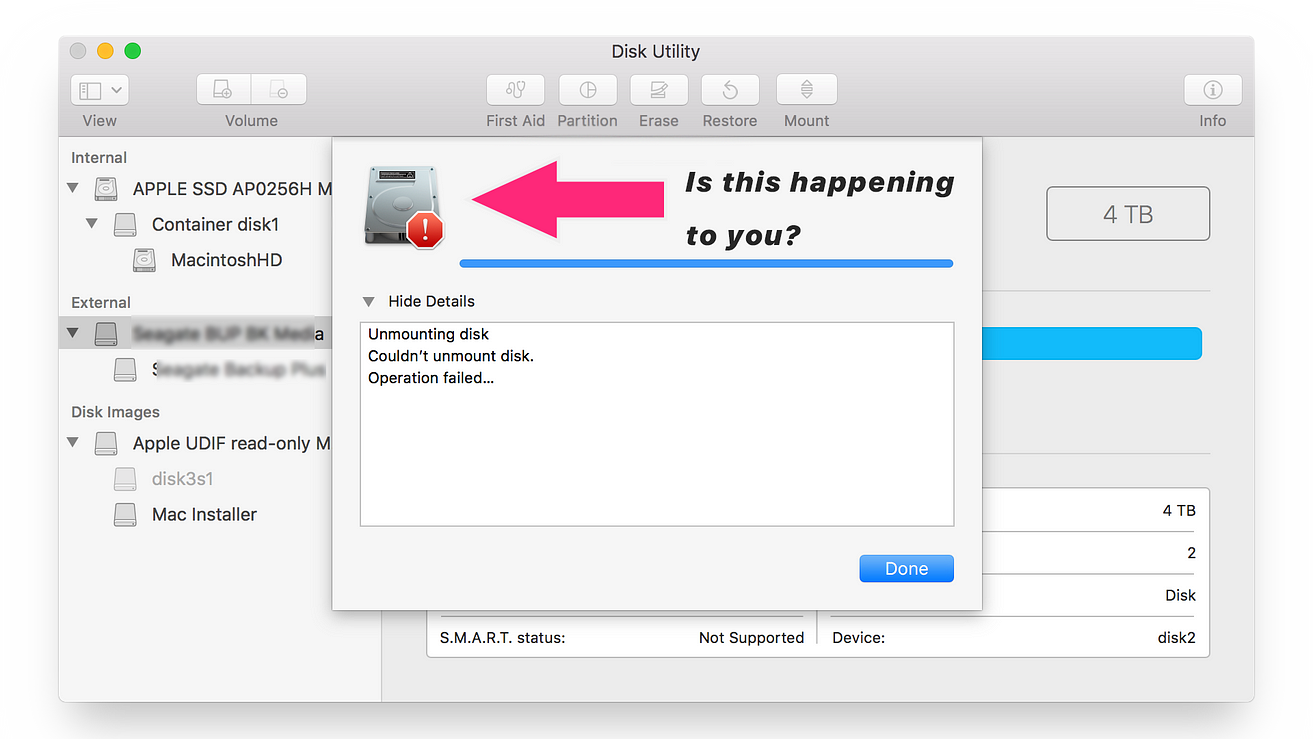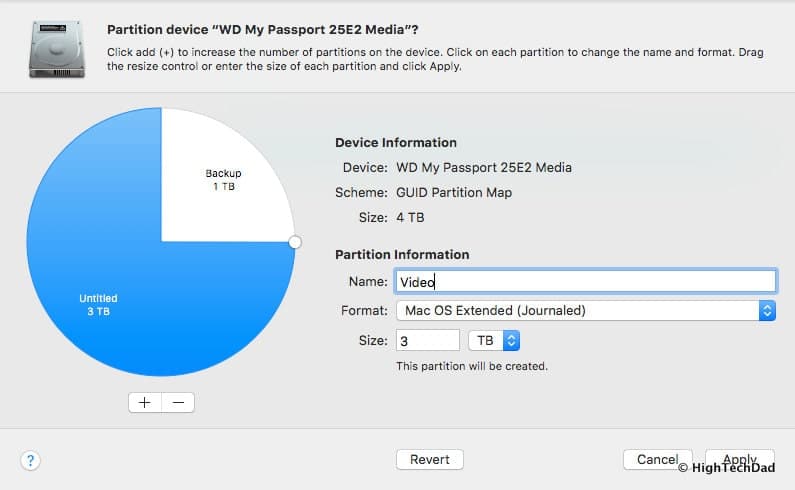

- #MY PASSPORT FOR MAC SIERRA HOW TO#
- #MY PASSPORT FOR MAC SIERRA PORTABLE#
- #MY PASSPORT FOR MAC SIERRA PRO#
Right-click on the icon for your external drive on Mac desktop, then select “Get Info”. You can also check to see if the format was successful. Step 4: Wait until the erasing process is complete.įor me, it took less than a minute to format my 2TB Seagate Expansion. You may also want to rename your external drive here.
#MY PASSPORT FOR MAC SIERRA PRO#
Pro tip: If you want to use the external drive for both Mac and PC, you can also select “ExFAT”. By default, it’s the Windows NT File System (NTFS). Step 3: Select “Mac OS Extended (Journaled)” in Format.Ī new window will pop up asking which file system you’d like to format the external drive to. Click on this icon on the top left corner and select “Show All Devices”. Note: if your hard drive is not showing on the left panel, it must have been hidden. Select that disk and click the “Erase” button, the one highlighted in red in the screenshot below. It should show up on the left panel under “External”. Step 2: Highlight your external drive and click “Erase”. The quickest way to do this is a simple Spotlight search (click the search icon on the upper right corner), or go to Applications > Utilities > Disk Utility. They might be different if your Mac has a different version. Note: The tutorial and screenshots below are based on macOS Sierra 10.12.5.
#MY PASSPORT FOR MAC SIERRA HOW TO#
How to Format an External Drive for Mac (from NTFS to Mac OS Extended)

The problem is that on macOS, you can’t work with files saved on an NTFS drive unless you use a paid app like Paragon NTFS for Mac. What is NTFS? I’m not going to explain here you can read more on Wikipedia. I then right-clicked the external drive icon on Mac desktop > Get Info. If I wanted to use it with Mac OS or Time Machine backup (which is my intent), I’ll need to format the drive for my Mac. It brought me to a webpage on Seagate’s site, where it clearly indicated the drive was initially set up to work with a Windows PC. Since I wanted to use it on Mac, I clicked the blue logo with the text “Start_Here-Mac”. When I opened it, the default content was all there. When I connected the Seagate to my Mac, the drive icon showed up like this. Three weeks ago, I bought a brand new 2TB Seagate Expansion to backup my MacBook Pro before I updated it to the latest macOS. Most External Hard Drives Are Initiated with NTFSĭuring the last several years, I’ve used a few external drives, including a 500GB WD My Passport, 32GB Lexar flash drive, and a few others.

I highly recommend you also create multiple partitions. Pro tip: If your external drive has a large volume, like mine – a 2TB Seagate Expansion. The operation will erase all data and your files will be gone for good. Important note: If you have useful files stored on the external drive, be sure to copy or transfer them to another safe place prior to formatting. Just follow this easy step-by-step guide and you’re all set. In this post, I’m going to show you how to format your external drive for a Mac-compatible file system i.e. Apple Mac machines support a different file system. That’s all because it’s been initialized with Windows NT File System (NTFS), which is primarily for PCs. But somehow, macOS doesn’t allow you to write data to the drive.
#MY PASSPORT FOR MAC SIERRA PORTABLE#
So, you just bought a new external hard drive or a portable SSD and wanted to use it on your Mac.


 0 kommentar(er)
0 kommentar(er)
